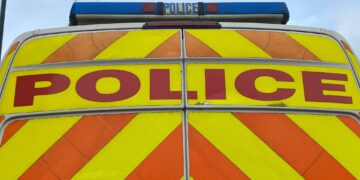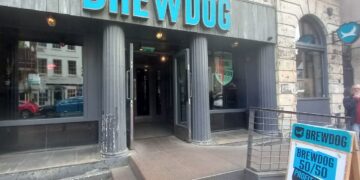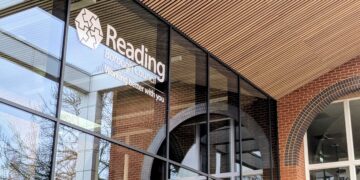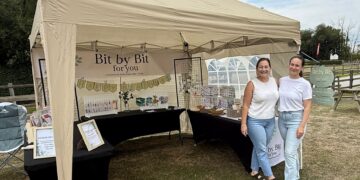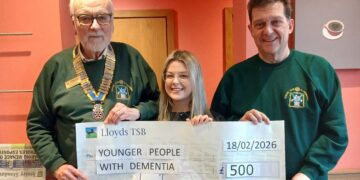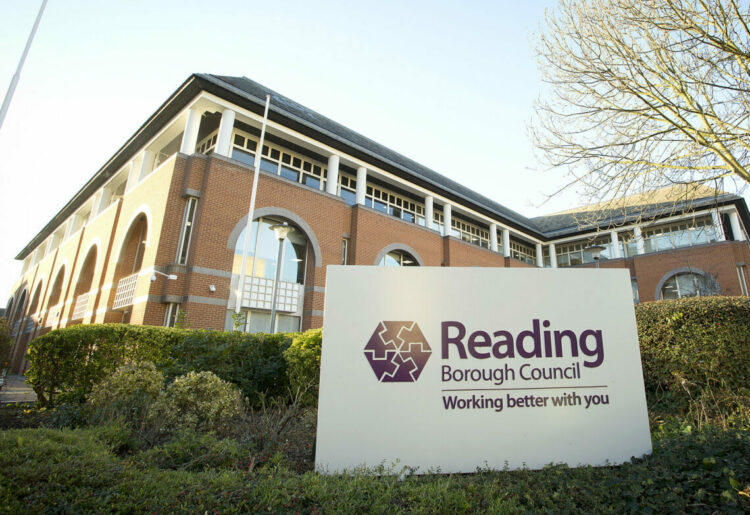READING Borough Council has announced that new initiatives have seen reductions in the amount of waste being sent to landfill as well as an increase in recycling rates.
The council has confirmed that since October 2019 Reading’s food waste recycling rate has risen from 32% to over 50%.
This means that less is being taken to landfill, with levels of food waste in grey bins dropping from 41% to 23%.
The council has also released a breakdown of what makes up the average household’s black bin waste and how those items can instead be recycled.
While 23% is made up of food waste, 7% is made up of textiles, and a further 7% is made up of glass waste.
These can be recycled at dedicated recycling banks across Reading.
A further 16% is made up of wood, metal, garden waste, and electrical items, which can be recycled at local recycling centres.
Another 17% is made up of paper, card, tins, plastics, and aerosols, which can all be recycled through the recycling bins or boxes provided by the council.
Overall, only 30% of black bin waste cannot be dealt with through the council’s collection or dedicated services.
Cllr Karen Rowland, lead member for neighbourhoods and communities, said: “The figures confirmed this week are great news.
“They show exactly why giving the people of Reading the chance to recycle food waste was such a critical move in ensuring Reading’s recycling rate sees improvements year on year.
“Together we have reduced food waste in our grey bin rubbish from 41% to 23% of the total mix in our grey bins.
She explained: “This has given us an even greater platform to now drill down on reducing other areas where we have recycling still in our grey bins by letting our wonderful residents know how they can do more.
“I’d like to thank everyone in Reading who has worked hard to drive down our recycling numbers by jumping on board with the food recycling programme and by ensuring that everything that they are able to recycle gets recycled.
“Take a look at Reading’s collective grey bin infographic and reflect on how much of your grey bin items may still be recyclable.
“Let’s drive these numbers down together, Reading.”
As well as releasing the figures, the council has also offered advice on how residents can mazimise their recycling rates.
Advice to avoid contamination includes:
Residents are advised that recyclable materials should be loose, not in carrier bags or black bags, which are not recyclable and will disrupt and delay the recycling process.
Residents are reminded to ensure plastic containers, bottles and jars are rinsed clean of liquid or food before recycling them, and not to recycle black plastic trays which often contain toxic elements.
They are also reminded that wet cardboard or paper can’t be recycled and can also contaminate other items in recycling containers.

